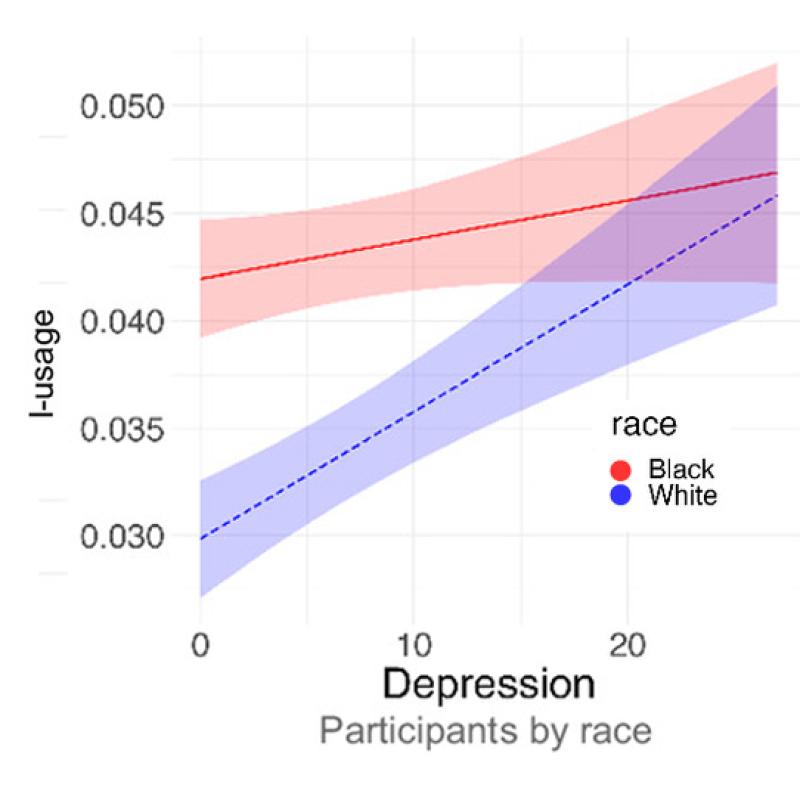
Machine learning models fail to predict depression in Black social media users
A study by CHTI's Sharath Guntuku and colleagues found that computational models trained to detect depression from social media posts failed to predict depression among Black users. The researchers identified race-based differences in the expression of depression and underscored the need to understand such differences before these AI methods are used in clinical practice.
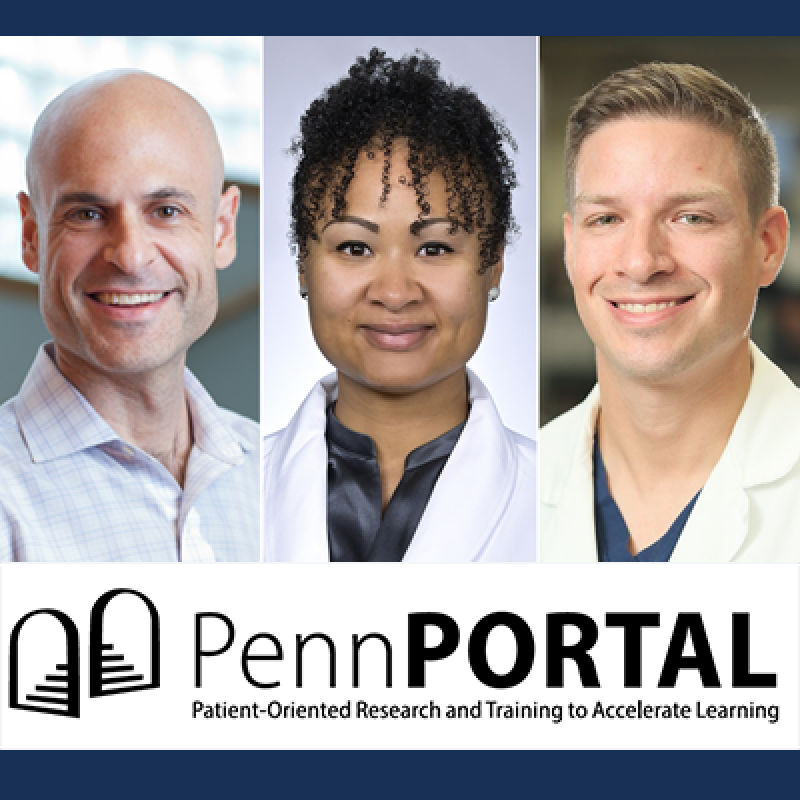
PORTAL program will advance "learning health system" science at Penn
Funded by a $5 million grant, the Penn PORTAL program will support training and research to accelerate "learning health system" science – in which internal data and experience are integrated with external evidence, and that knowledge is put into practice – at Penn Medicine and in the wider Philadelphia region. Nudge Unit faculty director Kit Delgado is a co-lead of the program, and the Nudge Unit will provide guidance on innovation management and design strategy for PORTAL pilots.
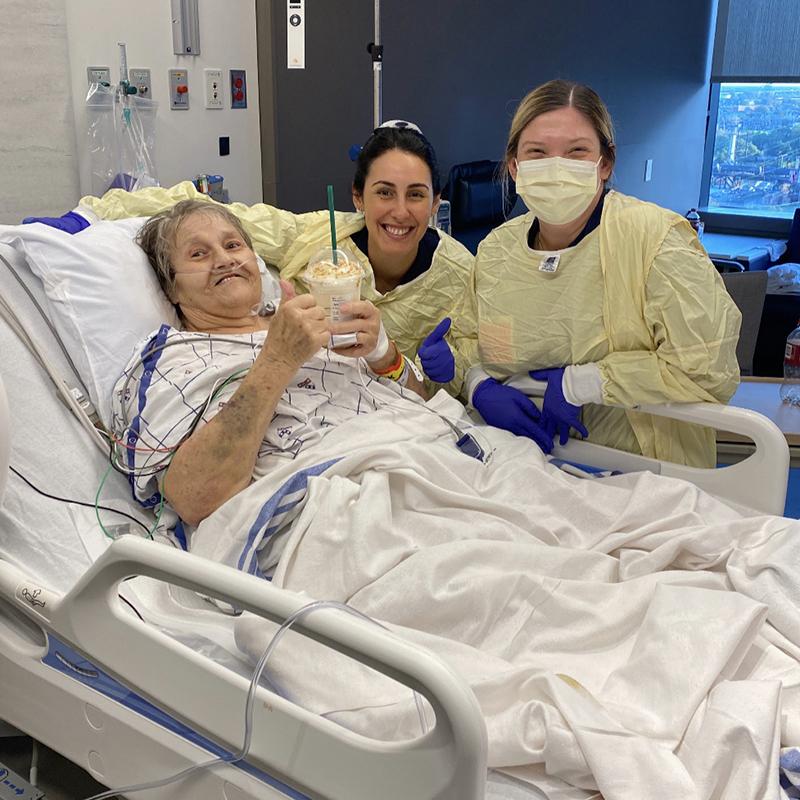
Small gifts for hospital patients bring big smiles
The PennHOPES program, supported by CHTI, aims to brighten the experiences of patients by reimbursing providers for small, personal gifts purchased for patients with long hospital stays.
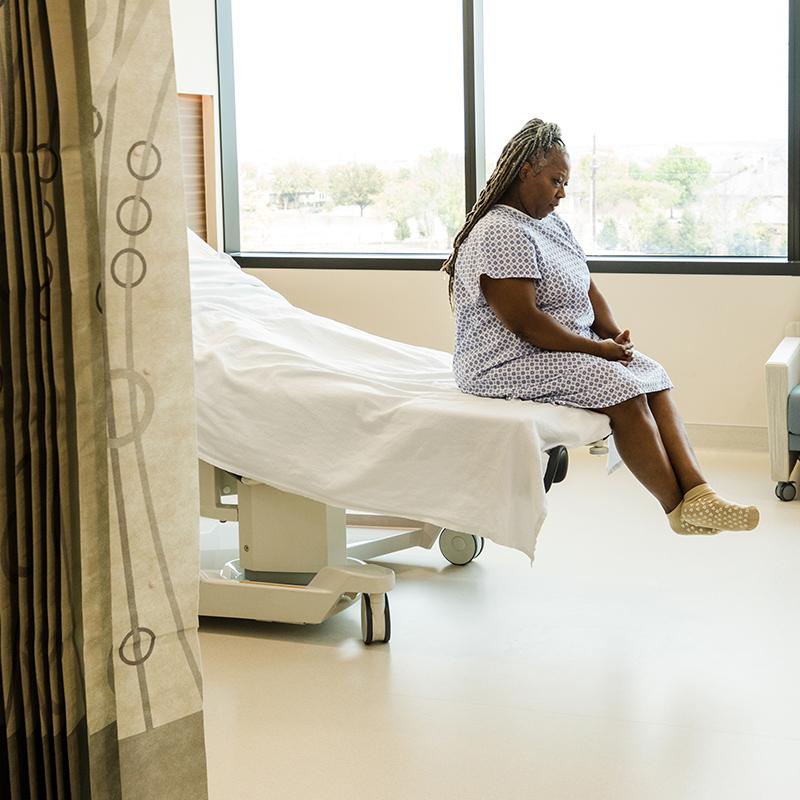
Black patients weigh in on racism in emergency care
Interviewing Black patients about their perspectives on race and racism in the context of emergency care, researchers identified prevalent themes such as mistrust in the medical system and personal experiences with racism. Insights from the study can direct future work to create antiracist cultures in the emergency department and other care settings.
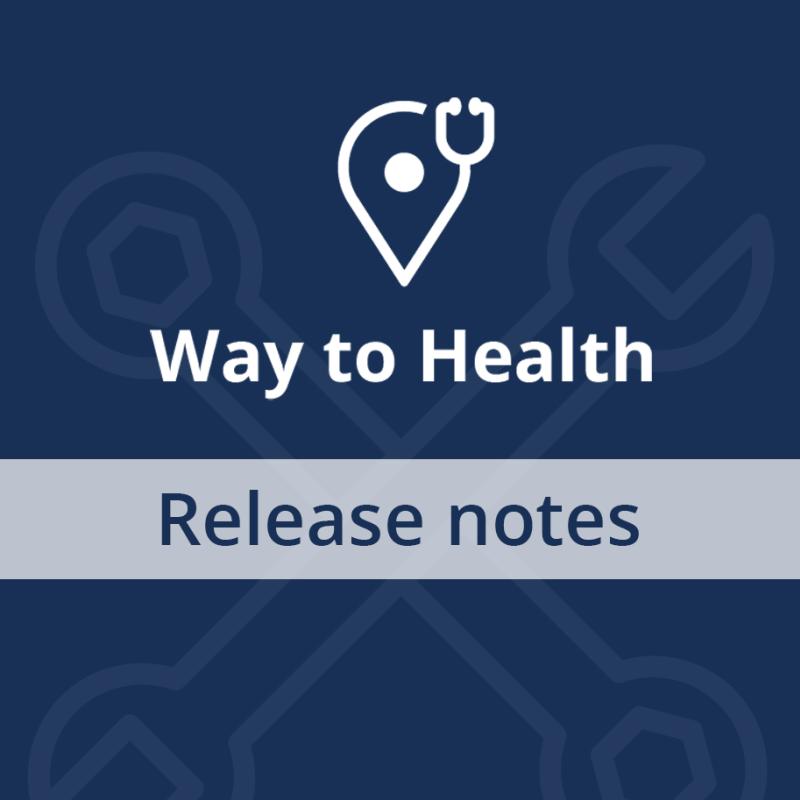
Release notes February 2024
Learn about the latest product updates and enhancements from Way to Health.